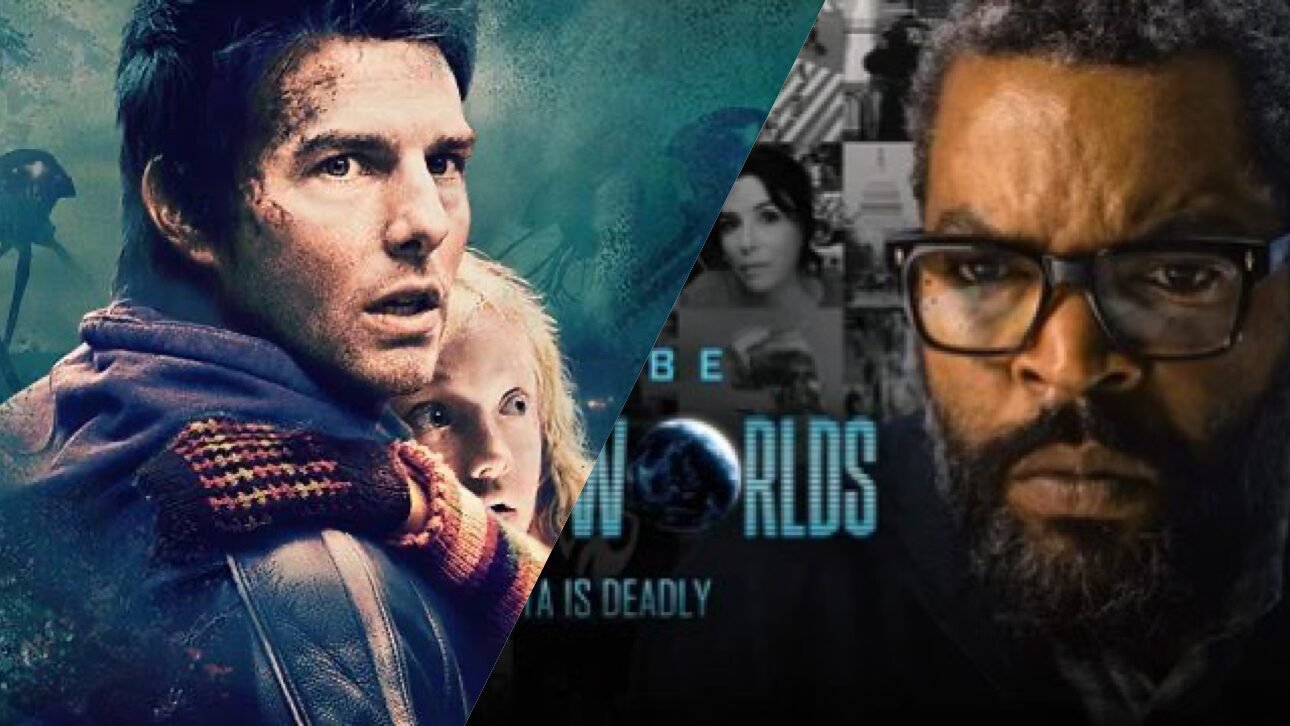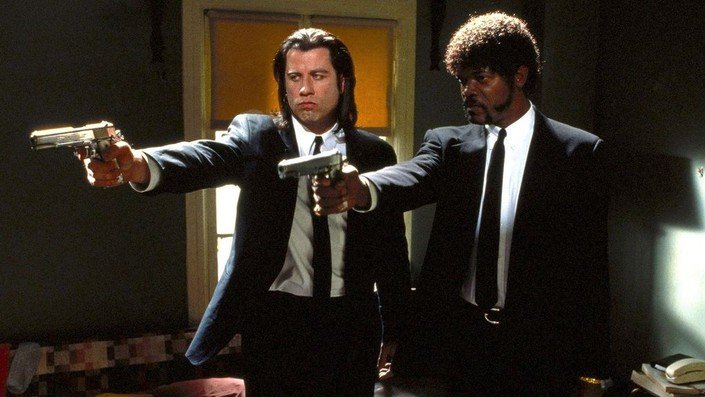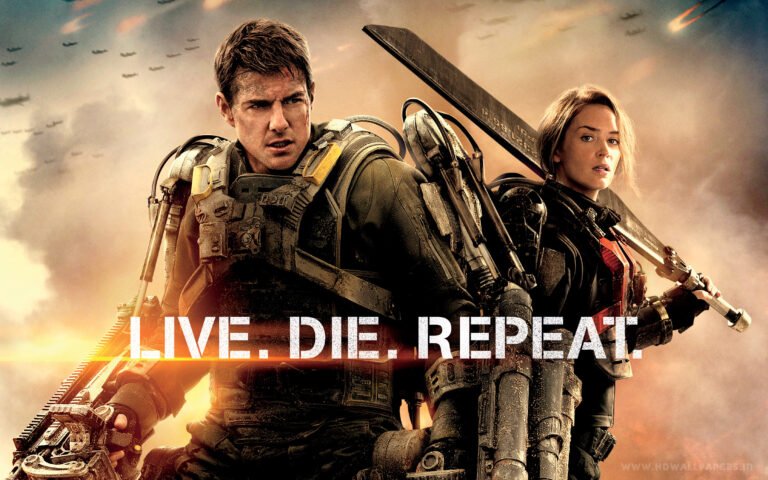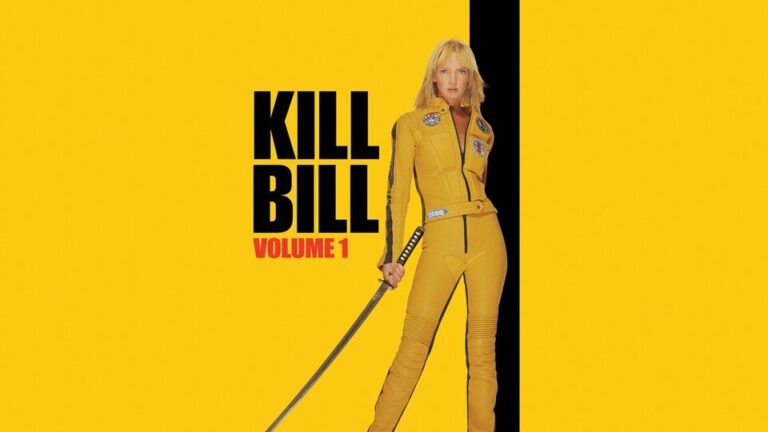
The Disastrous Adaptation of a Classic Sci-Fi Tale
When it comes to cinematic adaptations of classic science fiction stories, the bar is set high. Fans of the genre expect a faithful retelling that captures the essence of the original work, while also bringing a fresh and innovative perspective. Sadly, the 2025 film “War of the Worlds,” directed by Rich Lee and starring Ice Cube, falls woefully short of this mark.
The film’s troubled production history is a tale in itself, revealing a project that was doomed from the start. Conceived during the height of the COVID-19 pandemic, when filmmaking protocols were still in flux, “War of the Worlds” was the brainchild of Russian producer Timur Bekmambetov, who had previously found success with the “Screen Life” genre, where the narrative unfolds through various digital screens.
Bekmambetov’s idea was to have the actors film their parts from the comfort of their own homes, a concept that seemed promising in theory but ultimately fell flat in execution. The film languished in development for five years, with the Universal studio initially declining to distribute it due to the dissatisfaction of the production team with the final result.
Ultimately, “War of the Worlds” found its way to the Prime Video streaming platform, where it now stands as a cautionary tale of how not to adapt a beloved science fiction classic.
A Flawed Attempt at the “Screen Life” Genre
One of the film’s most glaring issues is its failed attempt to utilize the “Screen Life” format. This genre, which has gained popularity in recent years, particularly in the realms of horror and thriller, relies on the creative use of digital screens to drive the narrative forward.
In “War of the Worlds,” the filmmakers seem to have a fundamental misunderstanding of how to effectively employ this technique. Rather than seamlessly integrating the various digital interactions into the story, the director constantly interrupts the flow with unnecessary explanations and text overlays.
For example, when a character receives a call from the NASA or the FBI, the film feels the need to explicitly label the caller, as if the audience is incapable of deducing this information on their own. This heavy-handed approach undermines the tension and suspense that the “Screen Life” format is meant to evoke.
Furthermore, the film’s reliance on stock footage and poorly composited visual effects further exacerbates the sense of disconnect, making it clear that the director lacks the necessary skills to truly harness the potential of the “Screen Life” genre.
The result is a film that feels disjointed and amateurish, with the director’s apparent lack of confidence in the audience’s ability to follow the narrative leading to a frustrating viewing experience.
Subpar Performances and Unconvincing Visuals
Beyond the technical shortcomings, “War of the Worlds” also suffers from underwhelming performances and unconvincing visual effects. Ice Cube, a talented actor in his own right, seems to be sleepwalking through his role as the film’s protagonist, Will Radford, a security analyst tasked with using his digital surveillance skills to combat the alien invasion.
The rest of the cast fares no better, with their performances often feeling wooden and uninspired. This is particularly problematic in a film that relies so heavily on the emotional connections between the characters and their struggle to survive in the face of a global crisis.
The visual effects, which should be a key component of any science fiction film, are equally disappointing. The film’s low budget is evident in the pixelated, poorly composited images that are meant to depict the alien invasion. The use of stock footage to represent the chaos and destruction unfolding around the world further undermines the film’s credibility, making it feel more like a hastily assembled collage than a cohesive cinematic experience.
A Missed Opportunity for Social Commentary
One of the more intriguing aspects of the original “War of the Worlds” story is its potential for social commentary, exploring themes of technology, government surveillance, and the fragility of human civilization. Unfortunately, the 2025 adaptation completely misses the mark in this regard.
The film’s attempts to address these themes feel heavy-handed and ultimately undermined by its own poor execution. The subplot involving the protagonist’s concerns about government surveillance and digital privacy is reduced to a mere plot device, with the film’s climactic moment being a scene of a character’s Facebook page being deleted in real-time.
Rather than using this as a springboard for deeper exploration of the ethical implications of technology and data privacy, the film instead pivots to a blatant product placement for Amazon’s Prime Air drone delivery service, a move that feels like a betrayal of the film’s initial thematic aspirations.
This shift in focus not only undermines the film’s credibility but also highlights the director’s apparent lack of understanding of the source material and the missed opportunity to craft a thought-provoking, socially relevant narrative.
In the end, “War of the Worlds” (2025) stands as a cautionary tale of how not to adapt a classic science fiction story for the modern era. The film’s technical shortcomings, uninspired performances, and squandered thematic potential make it a disappointment for fans of the genre and a blemish on the legacy of H.G. Wells’ timeless tale.
A Glimmer of Hope: The Potential for a Better Adaptation
Despite the overwhelming disappointment of the 2025 “War of the Worlds” film, there is still hope for a more successful adaptation of this classic science fiction story. The themes and ideas explored in the original novel remain as relevant and compelling as ever, and with the right creative team and a commitment to faithfully capturing the essence of the source material, a future adaptation could potentially redeem the franchise.
One potential avenue for a more successful adaptation could be to embrace the “Screen Life” format, but with a more nuanced and thoughtful approach. By truly understanding the strengths and limitations of this genre, a skilled director could craft a narrative that seamlessly integrates the digital interactions and technological elements into a compelling and suspenseful story.
Additionally, a future adaptation could delve deeper into the social and political implications of the alien invasion, using the narrative as a springboard for meaningful commentary on issues such as government surveillance, the impact of technology on human civilization, and the fragility of our interconnected world. By striking a balance between the spectacle of the sci-fi elements and the depth of the thematic exploration, a new “War of the Worlds” film could potentially captivate audiences and do justice to the legacy of the original work.
Ultimately, the failure of the 2025 “War of the Worlds” film serves as a cautionary tale, but also a reminder of the enduring appeal and potential of this classic science fiction story. With the right creative vision and a commitment to honoring the source material, a future adaptation could rise from the ashes of this disappointment and deliver a cinematic experience worthy of the “War of the Worlds” name.
Conclusion
In the end, “War of the Worlds” (2025) stands as a prime example of how not to adapt a beloved science fiction classic for the modern era. From its technical shortcomings to its uninspired performances and squandered thematic potential, this film is a disappointment for fans of the genre and a blemish on the legacy of H.G. Wells’ timeless tale.
However, the enduring appeal of the “War of the Worlds” story offers hope for a future, more successful adaptation. By embracing the strengths of the “Screen Life” format, delving deeper into the social and political implications of the alien invasion, and committing to a faithful representation of the source material, a new cinematic interpretation could potentially redeem the franchise and captivate audiences once again.
Until then, “War of the Worlds” (2025) serves as a cautionary tale, a reminder that even the most iconic science fiction stories require a deft touch and a deep understanding of the genre to be successfully translated to the big screen. For now, fans of the original “War of the Worlds” may be better off revisiting the classic novel or earlier film adaptations, rather than subjecting themselves to the disappointment of this latest cinematic misfire.



I do agree with all of the ideas you’ve presented in your post. They’re really convincing and will certainly work. Still, the posts are too short for novices. Could you please extend them a little from next time? Thanks for the post.